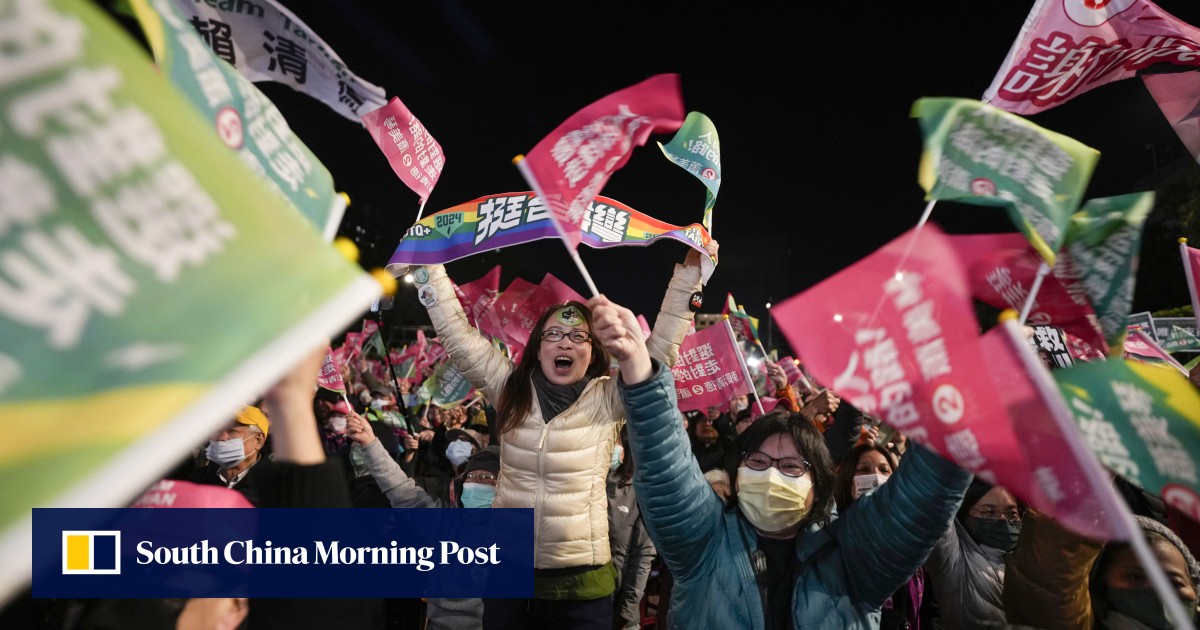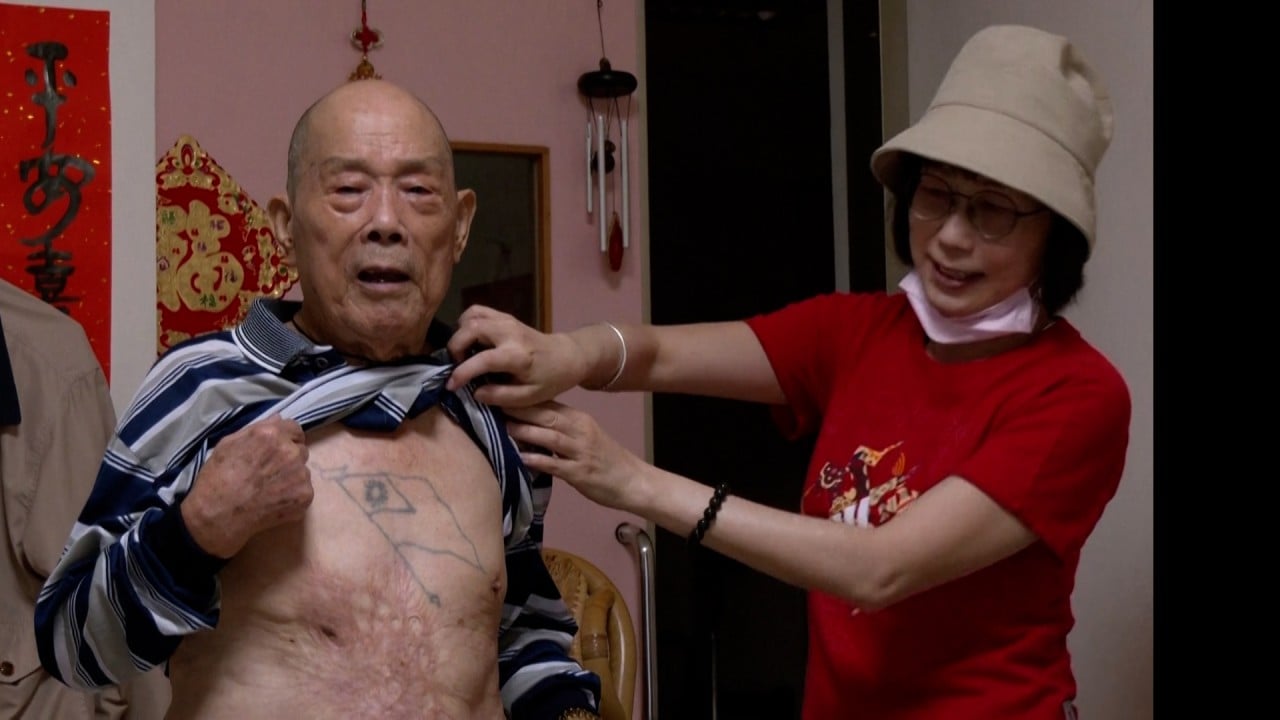William Lai Ching-te, the candidate for the independence-leaning DPP, is seeking to rewrite the island’s presidential election history by winning an unprecedented third consecutive term for his party.
Throughout the race, Lai, the deputy of incumbent President Tsai Ing-wen, has faced stiff challenges from his major opponent, New Taipei mayor Hou Yu-ih of the main opposition Kuomintang, a mainland-friendly party.
Who is running in Taiwan’s presidential race and what does it mean for Beijing?
Who is running in Taiwan’s presidential race and what does it mean for Beijing?
Former Taipei mayor Ko Wen-je, head of the smaller opposition Taiwan People’s Party, has also emerged as a strong contender, with the doctor-turned-politician attracting many young voters who once backed the DPP.
Seizing on Lai’s support for the island’s independence when he was mayor of Tainan and as premier in 2017, Hou and Ko have told voters Lai could bring the risk of war to Taiwan if elected, as Beijing found his ideological advocacy unacceptable.
Beijing – which sees Taiwan as a part of China, to be reunited by force if necessary – has described Lai as “an obstinate Taiwan independence worker” who would further promote the separatist cause if he came to power.
Most countries, including the US, do not recognise Taiwan as an independent state, but Washington is opposed to any attempt to take the self-governed island by force and is committed to supplying it with weapons.
In the past month, Beijing has repeatedly warned there is a risk of conflict if Lai is elected and called on Taiwanese voters to “make the right choice” – remarks that were slammed by Taipei as attempts to “interfere with the election”.
On eve of Taiwan election, PLA warns it’s ready to ‘crush’ separatism
On eve of Taiwan election, PLA warns it’s ready to ‘crush’ separatism
Lai, however, told a mega election eve rally in New Taipei City on Friday that the island’s poll was a decision between “embracing the world” or “locking in with China”.
“The world is watching …. We have our destiny fully in our own hands to decide whether to stand firm on democratic values or bow to authoritarian autocracy,” he told a rally of more than 200,000 supporters.
The supporters shouted “Save Taiwan”, “Support democracy” and “Elect the right person, do the right thing” as they waved a sea of campaign flags to stump for Lai and his running mate Hsiao Bi-khim, the island’s former de facto ambassador to Washington.
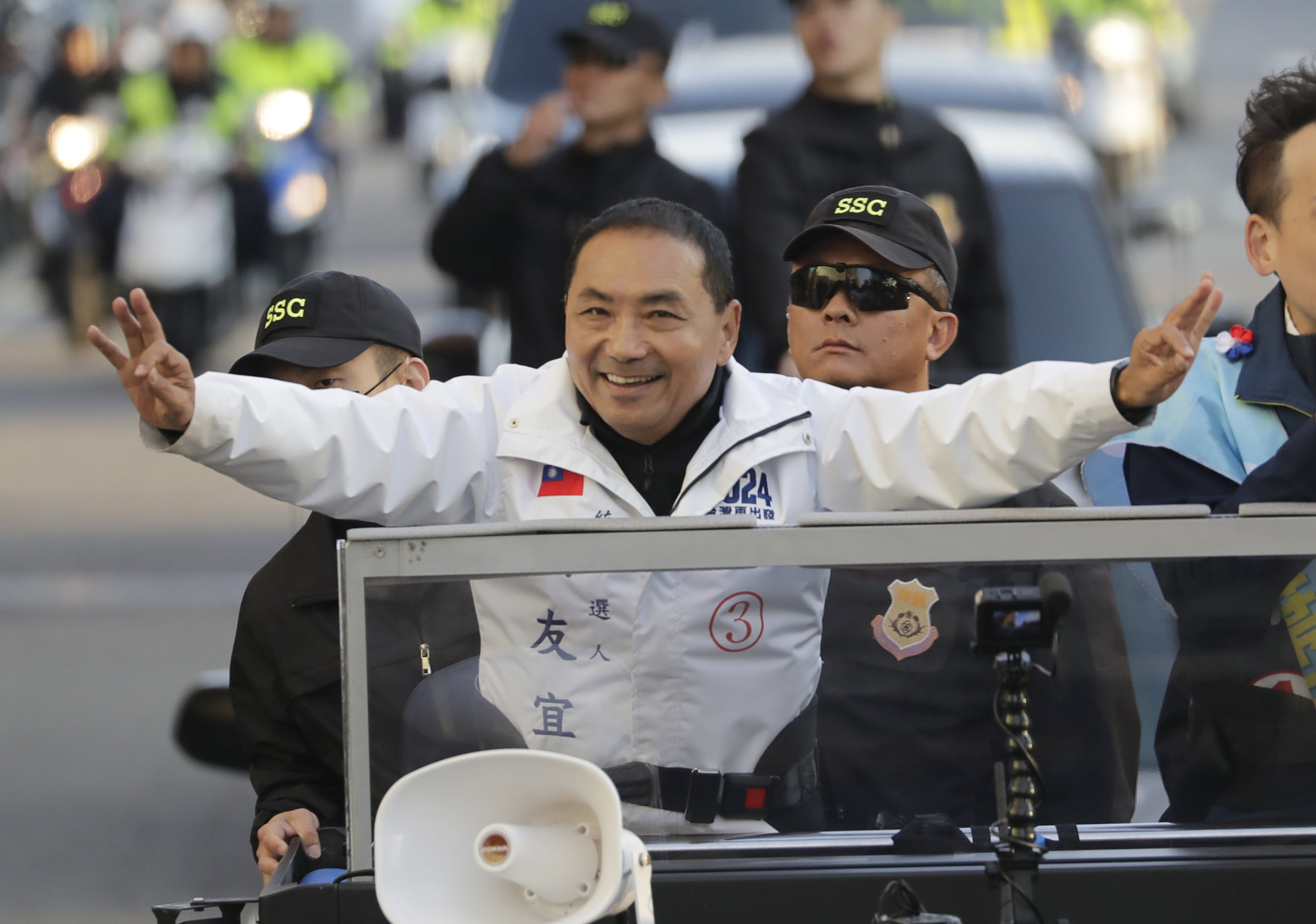
In another mega rally in the southern city of Kaohsiung – a traditional stronghold of the DPP – KMT politicians kept repeating one message: “The ruling party should be removed as we have already given them a chance in the past eight years.”
“Party alteration! Remove the DPP!” the KMT leaders shouted on stage.
Consistency in change
The call to “vote for party alteration” is rooted in the 2000 Taiwanese presidential election, which the DPP won for the first time.
The campaign message has been used by opposition parties – especially after a party finishes two terms of governance – to remind the electorate it is a way to keep Taiwan’s young democracy vibrant.
Neither the KMT nor the DPP has ruled Taiwan for more than two consecutive four-year terms in the nearly three decades since the island held its first direct presidential election in 1996.
A 54-year-old fruit stall owner in Taichung in central Taiwan, who identified himself by his last name, Lin, said he opted for change.
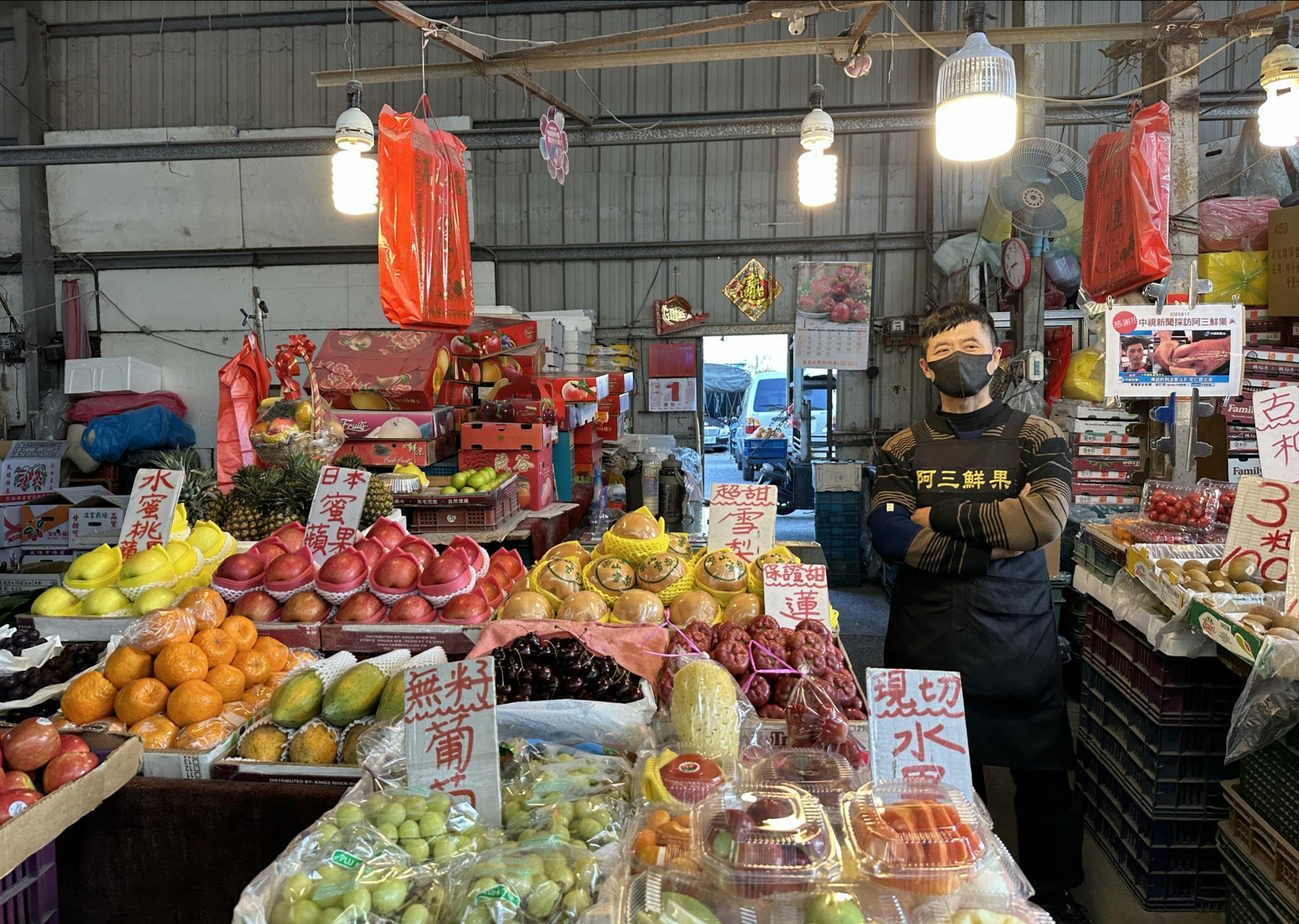
“I think when we are not exactly happy with one party’s rule, we should just give the opposition a chance to make things right, so the current party also has a chance to reflect on what they did not do well,” he said, adding it would be good for Taiwan in the long term.
He said he believed amiable cross-strait ties would bring Taiwan “a more thriving economy”.
In the past year, Beijing has imposed several import bans on certain fruit products from Taiwan in what the island condemned as an example of economic coercion to force the island to accept the one-China principle – a claim squarely rejected by the mainland.
Taiwan ‘red line’ on table as Chinese liaison chief meets Biden security aide
Taiwan ‘red line’ on table as Chinese liaison chief meets Biden security aide
Beijing has suspended official talks and exchanges with the island since Tsai was first elected president in 2016 and she refused to accept the one-China principle.
Citing trade barriers from Taiwan, Beijing threatened on Tuesday to expand the removal of preferential rates to more categories of products from the cross-strait Economic Cooperation Framework Agreement signed in 2010.
The warning came a month after Beijing ended such tariffs for 12 petrochemical products from the island.
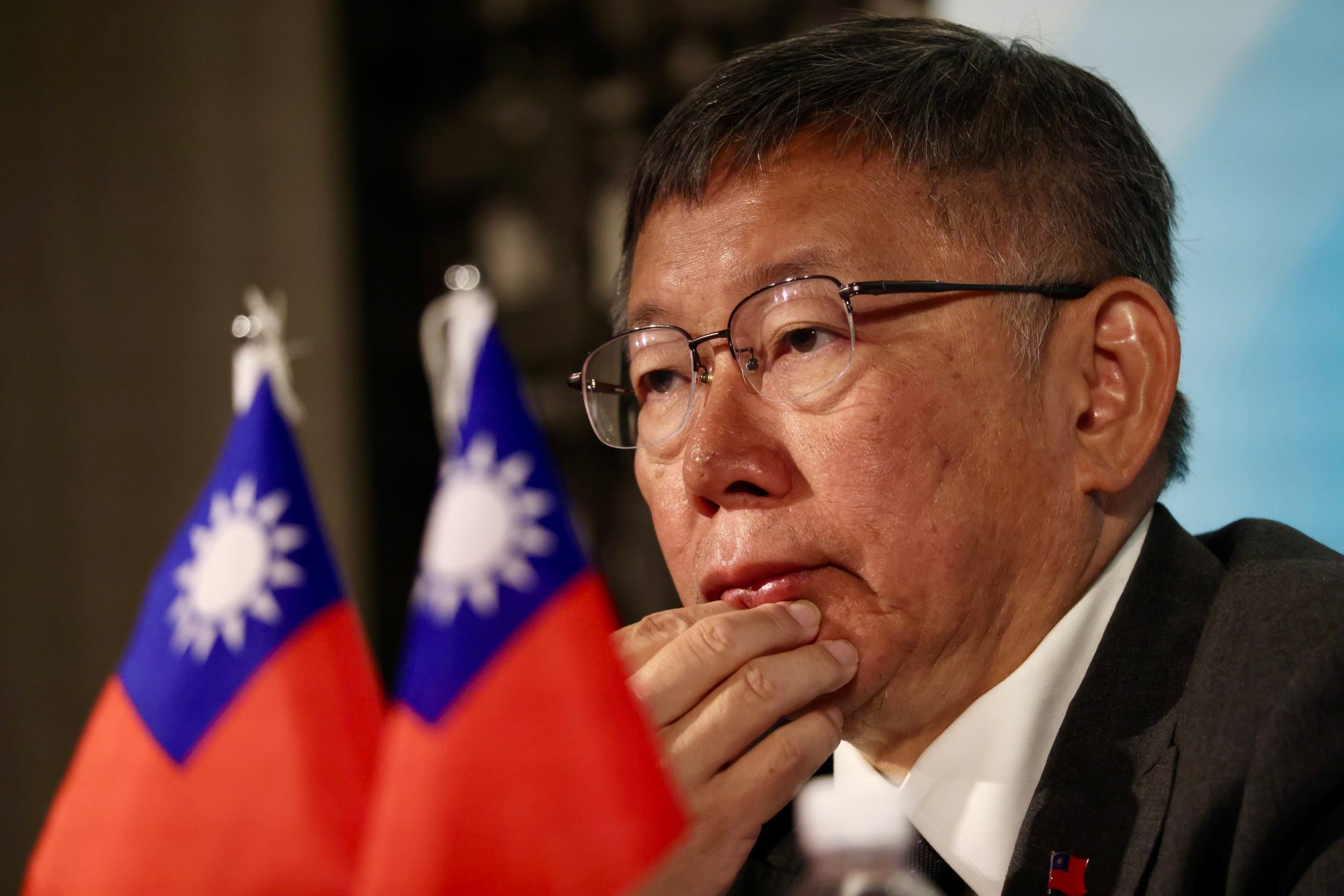
Concerns from the US and its allies
Analysts said although the “China factor” did not appear to be the most important one affecting voters’ electoral behaviour this time, all eyes – especially from the US and its partners – were still on the island’s election given the geopolitical tension in the region.
“The United States and its allies, including Japan, Australia and Europe, are all concerned that if cross-strait relations deteriorate further, it will increase the geopolitical tensions in the region,” said James Yifan Chen, a professor of diplomacy and international relations at Tamkang University in New Taipei.
Washington did not want to see an uncontrollable cross-strait situation because it would further damage relations with Beijing, Chen said.
He said that although Lai had repeatedly said he did not plan to declare the independence of the island, it remained a big concern for the US given that Beijing viewed him as an “obstinate splittist” who would further promote separatist activities if he came to power.
US House passes finance bills bolstering Taiwan and squeezing mainland China
US House passes finance bills bolstering Taiwan and squeezing mainland China
“This explains why Washington has planned to send a delegation to Taiwan shortly after the election,” Chen said, adding that the move was to ensure that whoever won the election did not create trouble for the US.
She said its purpose was to make clear to the new administration what the one-China policy “is and what it is not” to foster cross-strait stability.
The official also said she hoped the election would not undercut progress seen in easing US-China tensions since presidents Joe Biden and Xi Jinping met in San Francisco in November.
Max Lo, executive director of the Taiwan International Strategic Study Society, a Taipei think tank, said Lai had been seen as a key figure of the hard-core pro-independence camp.
“He may want to follow Tsai’s policy of maintaining the cross-strait status quo. But we cannot rule out [that] he would be pushed by the hardline camp to do something that would cross Beijing’s red line,” Lo said.
‘Too close to predict’
Analysts said that before the result of the weekend poll was known, no one could say for sure who would be the final winner because in the past few weeks both Hou and Ko had shown signs of narrowing the gap with Lai, who had led for months.
“It is a race too close to predict who will be the final winner,” Lo said.
Chang Chun-hao, a political scientist at Tunghai University in the central city of Taichung, said the key to the election results was whether strategic voting – a tactic that encourages electors to choose the stronger or more popular candidate to gain a better overall outcome – showed any effect.
Beijing hits out over Washington’s plan to send unofficial delegation to Taiwan
Beijing hits out over Washington’s plan to send unofficial delegation to Taiwan
“It is worth watching whether voters who originally planned to vote for Ko would go for Hou,” Chang said, adding, it could be the most critical factor affecting whether Hou could win.
Some local news media reported that the KMT was behind an effort to orchestrate strategic voting so Ko’s supporters would turn to Hou at the last minute to ensure the DPP does not remain in power for another four years.
Both Hou and the KMT rejected the reports as “totally groundless”.

